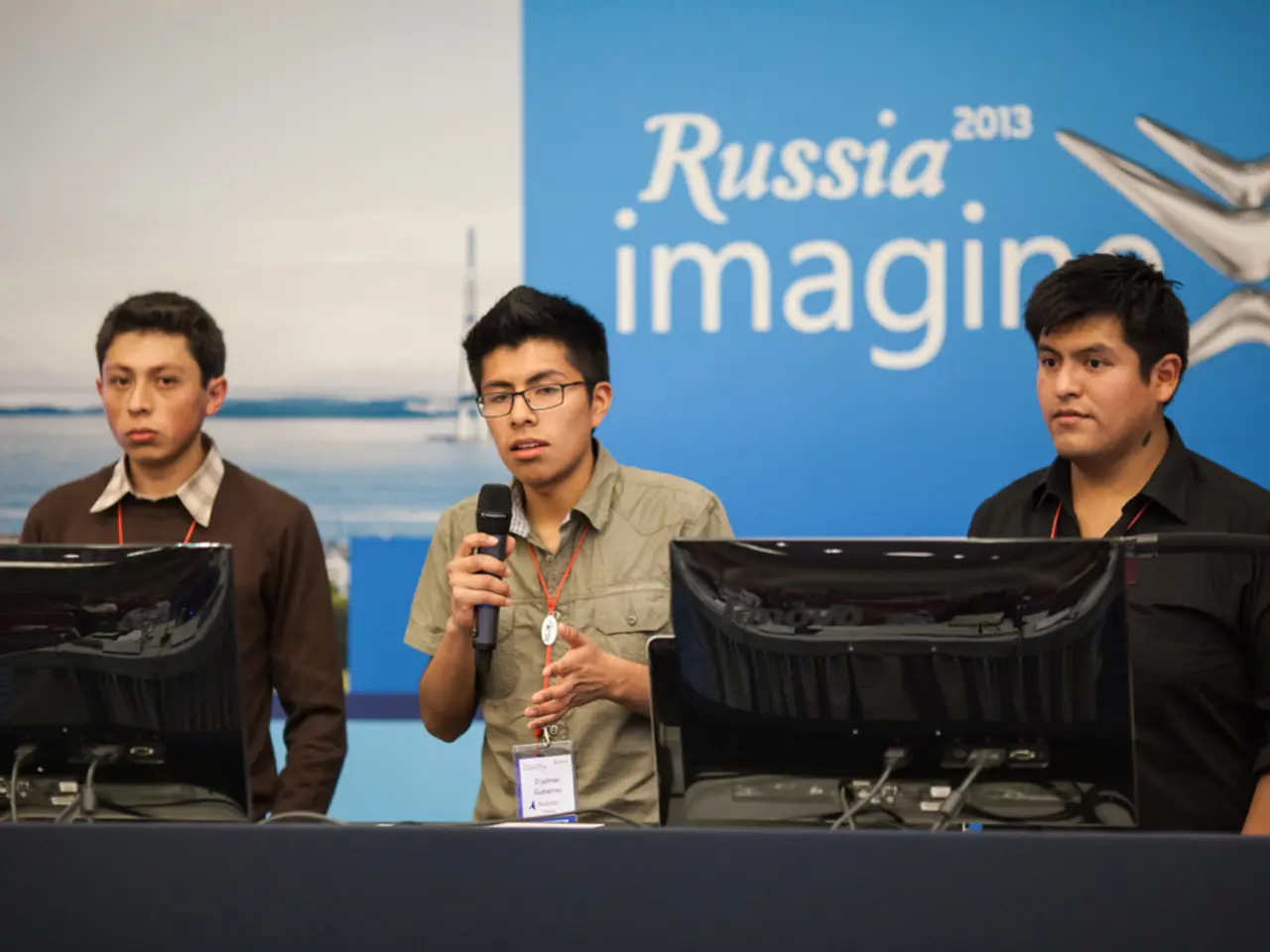Kazakhstan's Resilience Stems from Optimism
In a surprising turn of events, a recent survey conducted by KazISS, a renowned research institute, has revealed a strong sense of optimism among Kazakhstan's citizens about the country's future. Contrary to the often critical voices that dominate social media, the survey indicates a collective outlook of hope, cautious optimism, and a deep-rooted preference for stability among the population.
The survey, aimed at gauging the emotional state of society and the feelings associated with living in Kazakhstan today, found that approximately two-thirds (60.8%) of the population view the country's development prospects over the next five years positively. This optimism transcends typical demographic divides, as factors such as gender, place of residence, age, marital status, or education level have minimal impact on people's outlook.
One of the key drivers of this optimism is sociocultural cohesion and values-based unity. Regardless of personal circumstances, the positive outlook is widespread, indicating a highly synchronized society with unified expectations about national development. Another significant factor is a rational mindset and desire for stability. Even individuals who might feel anxiety or dissatisfaction in their personal lives tend to adopt a more hopeful perspective when considering the future of Kazakhstan, driven by a preference for societal stability.
Education, surprisingly, has almost no impact on how people assess the country's future prospects. The place of residence, whether city or rural area, also has a minor influence on people's perceptions. Marital status, too, appears to be an insignificant factor in shaping people's outlook on Kazakhstan's future.
These findings suggest a high degree of shared expectations and sociocultural cohesion, a values-based unity within society. This unity is reflected in the gradual formation of a national identity among Kazakh citizens, fostering a collective belief in progress.
Interestingly, the survey does not ask about the state but about the country, which people intuitively associate with land and homeland. This association might help explain the strong sense of national pride and optimism that pervades the survey results.
While 7.8% of respondents see the country's future negatively, another third (31.4%) hold a neutral view. These findings suggest that while there are certainly challenges to be addressed, the overall sentiment among Kazakhstan's citizens is one of optimism and hope for the future.
Aigul Zabirova, a chief researcher at KazISS, a doctor of sociology, and a professor, leads the research team. She notes that the survey findings reflect a society marked by private optimism and public skepticism. This dichotomy, she suggests, is a common phenomenon in transitional states, such as Kazakhstan, which are neither poor nor wealthy, neither Eastern nor Western in culture.
In conclusion, the main drivers of optimism in Kazakhstan include a collective cultural outlook, social unity, and a forward-looking confidence grounded in a desire for national stability and progress. These factors transcend typical demographic divides and reflect deeply shared expectations for Kazakhstan’s future prosperity and development.
The survey, surprisingly revealing a strong sense of optimism among Kazakhstan's citizens, indicates that personal growth and education-and-self-development have minimal impact on people's outlook, suggesting a values-based unity within society that fosters a collective belief in progress. This unity is reflected in the gradual formation of a national identity among Kazakh citizens, despite the dichotomy of private optimism and public skepticism that characterizes transitional states like Kazakhstan.




